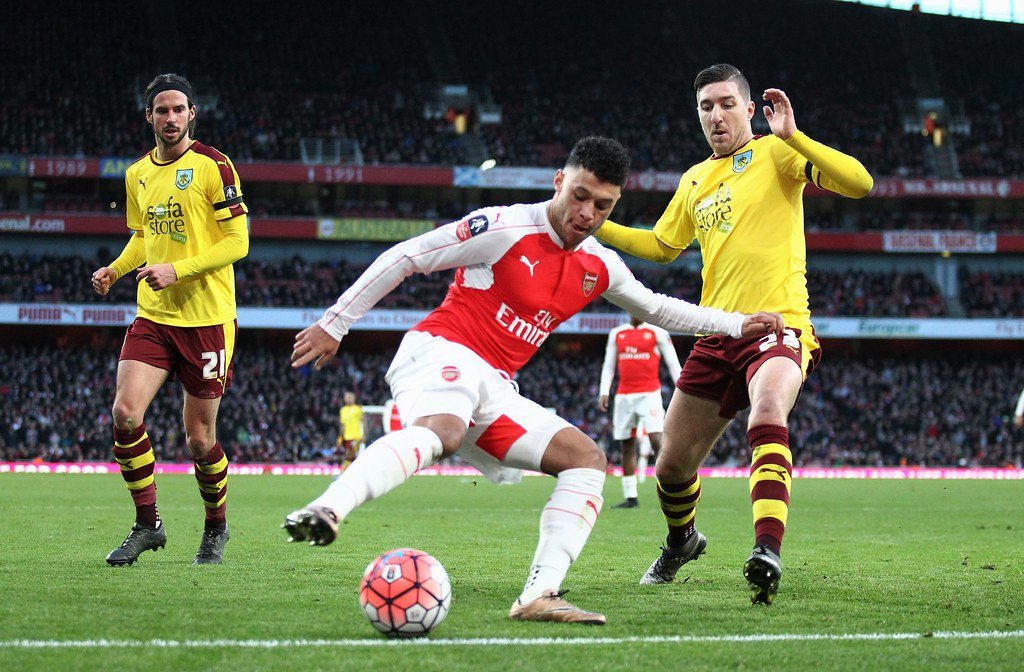The Africa Cup of Nations (AFCON) is one of the most prestigious and widely followed football tournaments on the African continent. Known for showcasing the continent’s rich footballing talent, the competition brings together nations from across Africa to compete for glory. With a history that spans decades, AFCON has evolved into a celebration of African culture, sport, and rivalry. In this article, we explore the key aspects of the Africa Cup of Nations games, including its history, format, notable moments, top teams, and what makes this tournament unique.
The Origins and Evolution of AFCON
A Brief History of the Tournament
The Africa Cup of Nations was first held in 1957, making it one of the oldest international football competitions on the continent. Initially, the tournament was organized by the now-defunct Fédération Internationale de Football Association (FIFA) until the Confederation of African Football (CAF) took over in 1968. The competition was originally intended as a showcase of African football talent, but it has since grown into a highly anticipated event that captures the attention of millions of fans worldwide.
Evolution Over the Decades
Over the decades, AFCON has undergone significant transformations in terms of organization, format, and participation. Originally, the tournament was held biennially, but due to increasing interest and the need to grow African football, CAF made the decision to host it every four years from 1968 onward. The expansion of participating teams from 8 to 16 in the 1990s further enhanced the tournament’s credibility and competitiveness.
Milestones and Key Moments
Throughout its history, AFCON has seen memorable moments that have etched themselves into the fabric of African football. From iconic goals and thrilling matches to legendary players and surprises, AFCON has been home to some of the most unforgettable football stories.
The Format of the AFCON Tournament
Group Stage and Knockout Rounds
The AFCON tournament typically features a group stage followed by knockout rounds. The group stage divides the participating teams into groups of four, with each team playing three matches. The top two teams from each group advance to the knockout rounds, which include quarterfinals, semifinals, and the final.
Expansion of Participating Teams
Over time, CAF has expanded the number of teams participating in AFCON. From 16 teams in 1996, the number of participating teams increased to 24 in the 2019 tournament. This expansion ensures a broader representation of African football and introduces more competitive balance.
Host Nations and Venues
The host nations play a crucial role in the tournament’s atmosphere. Historically, AFCON has been hosted by countries such as Egypt, Nigeria, Cameroon, and Algeria. The selection of venues within these host nations reflects the rich footballing heritage and infrastructure available on the continent.
Iconic Teams and Rivalries in AFCON
Nations with Most Success
Several teams have established themselves as giants of African football, dominating AFCON with multiple wins. Countries like Egypt, Cameroon, and Nigeria have won multiple titles, solidifying their status as powerhouses in the competition. These nations have consistently delivered strong performances, producing some of Africa’s finest football talent.
Rising Nations and Dark Horses
In addition to traditional powerhouses, rising nations such as Senegal, Algeria, and Morocco have emerged as serious contenders in recent years. Teams like Senegal, led by players like Sadio Mané, have shown resilience and tactical prowess, becoming prominent forces in AFCON competitions.
Historical Rivalries and Derbies
AFCON has witnessed fierce rivalries, often rooted in historical and geographical contexts. Matches between Nigeria and Ghana, Algeria and Egypt, and Cameroon and Côte d’Ivoire have become legendary, showcasing fierce competition and deep-rooted rivalries.
Key Players Who Have Shaped AFCON
Legendary Figures in African Football
Numerous legendary players have graced the AFCON stage, leaving a lasting impact. Players like George Weah, Samuel Eto’o, and Didier Drogba have not only led their nations to victory but have also become icons of African football. Their performances on the AFCON stage have inspired countless young talents across the continent.
Current Stars Making an Impact
Today, players such as Sadio Mané, Mohamed Salah, and Riyad Mahrez continue to shine in AFCON tournaments, showcasing their brilliance and leading their teams to success. These players bring global recognition to African football and play pivotal roles in their nations’ campaigns.
The Cultural and Societal Impact of AFCON
Football as a Unifying Force
AFCON is more than just a football tournament; it is a celebration of African culture and unity. The competition brings together fans from diverse backgrounds, fostering a sense of pride and identity. It highlights the rich cultural heritage of participating nations and strengthens the bond between African communities.
Boosting Football Development in Africa
The tournament has contributed significantly to the development of football across Africa. It has provided a platform for young talent to emerge, access better infrastructure, and attract international scouts, paving the way for future footballing success.
The Role of Technology and Media Coverage
Growing Popularity Through Media
With the rise of digital platforms, AFCON has witnessed growing global interest. The tournament is now widely broadcasted, allowing millions of fans to watch matches live, follow updates, and engage with their favorite teams and players. Social media plays a crucial role in amplifying AFCON’s reach and visibility.
Impact of Streaming Services
Streaming platforms and social media have played a transformative role in increasing AFCON’s visibility. Fans can now watch matches from anywhere, giving the tournament a global audience like never before. This digital revolution has made AFCON more accessible and engaging for younger audiences.
Challenges Facing AFCON and Future Prospects
Financial and Infrastructure Challenges
Despite its popularity, AFCON continues to face challenges such as limited financial resources and insufficient infrastructure in some host nations. Ensuring that participating nations have access to world-class facilities remains a priority for CAF to enhance the tournament’s overall quality.
Expanding the Tournament’s Reach
The future of AFCON looks promising, with CAF aiming to continue expanding its reach beyond the continent. By attracting partnerships, sponsors, and more global attention, the tournament has the potential to become a key player on the international football stage.
FAQs
What is the Africa Cup of Nations (AFCON)?
The Africa Cup of Nations (AFCON) is the premier international football competition for national teams from Africa. Organized by the Confederation of African Football (CAF), AFCON brings together the best football talent from across the continent, showcasing top-level competition and determining Africa’s football champion. It is held every two years and attracts significant attention from football fans worldwide.
When and where is the next Africa Cup of Nations taking place?
The next Africa Cup of Nations is scheduled to take place in 2025. The exact host country will be announced by CAF in due course. The tournament usually alternates between different African nations, and the host country is selected through a bidding process. You can follow CAF’s official website for updates on the location and dates.
Which teams have won the most AFCON titles?
The most successful teams in AFCON history are Egypt and Cameroon. Egypt has won the tournament a record seven times, while Cameroon has claimed the title five times. Other historically successful teams include Nigeria, Algeria, and Ghana.
How can I watch AFCON matches live?
AFCON matches are broadcast on various platforms depending on your location. Most African countries have rights to AFCON coverage through national broadcasters. Internationally, broadcasters like ESPN, SuperSport, and beIN Sports often cover AFCON matches. You can also stream games through official CAF platforms or subscription services like YouTube TV or streaming apps.
What are some key highlights of past AFCON tournaments?
Past AFCON tournaments have seen remarkable moments, including thrilling matches, iconic goals, and standout performances from players like Samuel Eto’o, Yaya Touré, and Didier Drogba. The tournament often produces surprises, underdog stories, and unforgettable clashes, enhancing Africa’s football legacy.
Final Thought
The Africa Cup of Nations games remain a vital part of African football culture. Over the years, the tournament has evolved, showcasing some of the continent’s finest talents and fostering unity among African nations. As the tournament continues to grow, it stands as a testament to Africa’s rich footballing heritage and the enduring passion of its fans. With a bright future ahead, AFCON will undoubtedly continue to inspire new generations of players and fans alike.
To read more; Click here



